Search The Collection
Filter By
Object Type / Material
Geographic Location
Date / Era
Department
Show Only:
- As part of the Met's Open Access policy, you can freely copy, modify and distribute this image, even for commercial purposes.API
Public domain data for this object can also be accessed using the Met's Open Access API
Objects with changed or unknown ownership in continental Europe between 1933-1945. Learn more
Showing 721 results for side sword
Sort by:
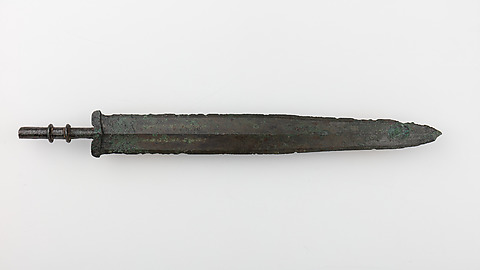
Chinese
5th–4th century BCE
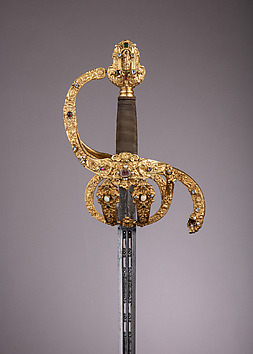
Israel Schuech
dated 1606
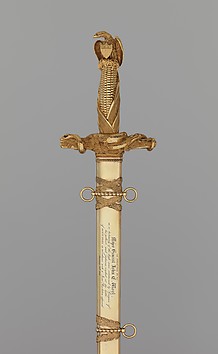
Samuel Jackson
1854–55
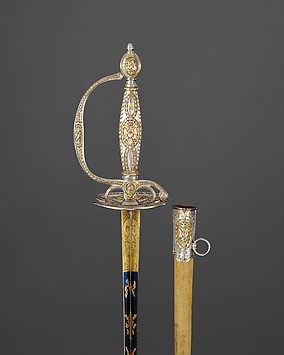
C. Liger
hallmarked for 1785–86
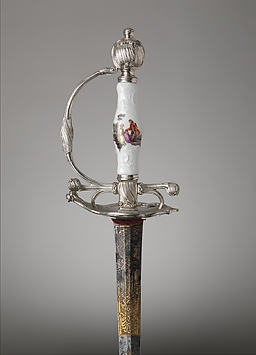
Jan Nieuwland
ca. 1750
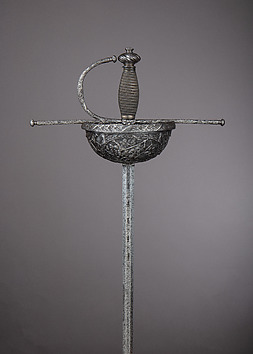
Carlo Piccinino
ca. 1650–75
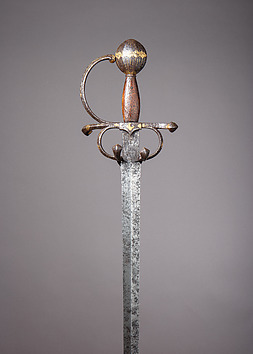
Francesco Negroli
ca. 1550–53
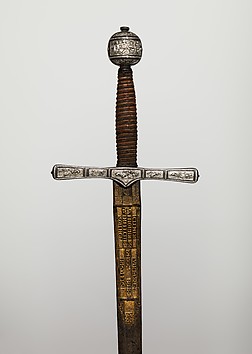
Clemens Horn
1600–1625
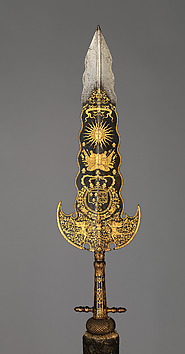
Bonaventure Ravoisie
ca. 1678–1709
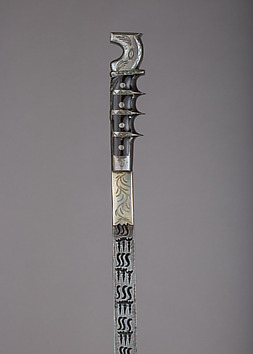
probably Cuban
19th–20th century
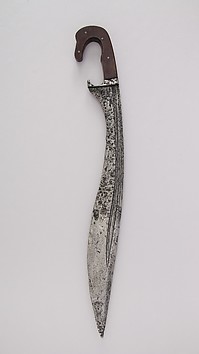
Iberian
5th–1st century BCE
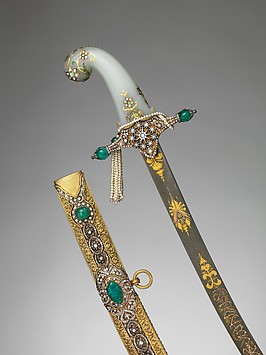
grip, Indian; guard, scabbard, and decoration on blade, Turkish; blade, Iranian
grip, 18th or 19th century; guard and scabbard, 19th century; blade, dated A.H. 1099/1688 CE; decoration on blade, 19th century
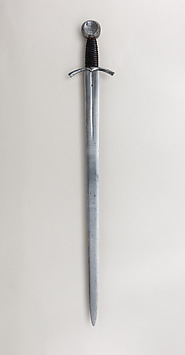
Western European (possibly Italian)
ca. 1450
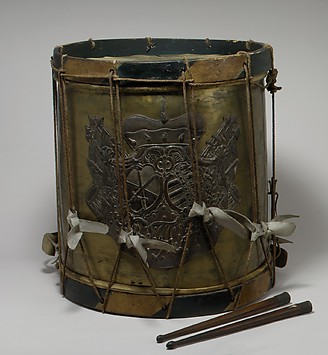
German
1694–1733
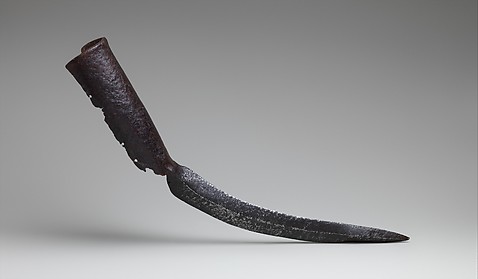
Indian
15th–17th century
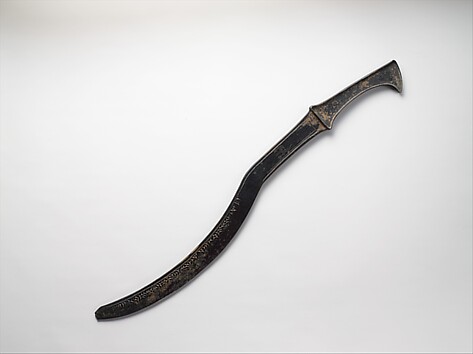
Assyrian
ca. 1307–1275 BCE
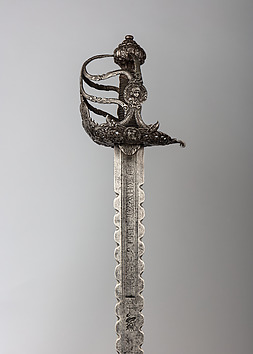
Johannes Wundes the Younger
blade dated 1662
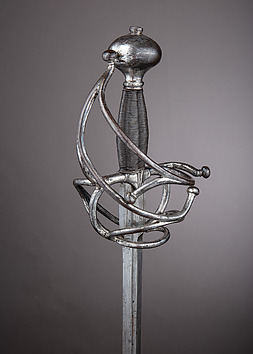
Italian
ca. 1540
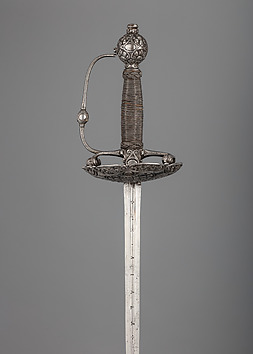
Tomas Aiala
hilt, ca. 1625–50; blade, 17th century
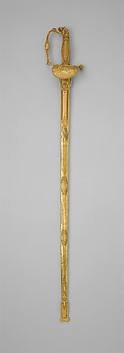
John Targee
ca. 1815–17
s1.jpg)
Naotane Taikei
blades, dated 1839; mountings, 19th century
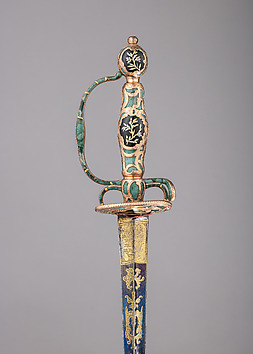
possibly German
ca. 1750–60
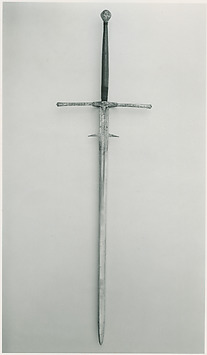
Italian, Venice
ca. 1570
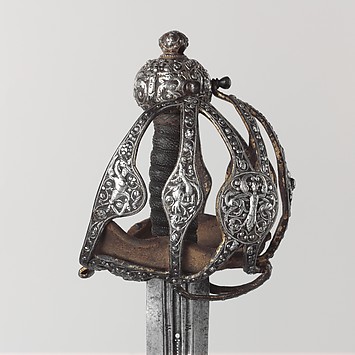
British
1600–1625
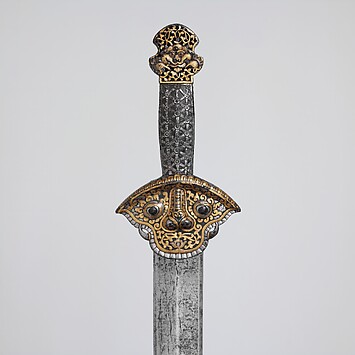
Tibetan or Chinese
14th–16th century
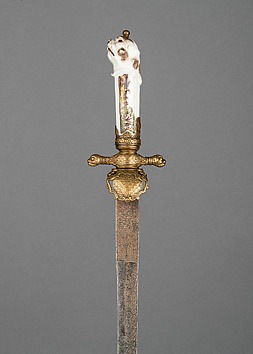
German, Saxony
ca. 1750
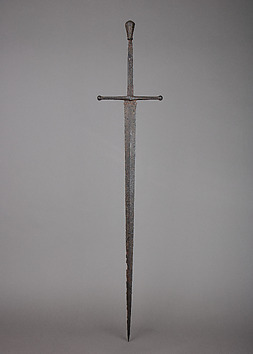
British or Western European
ca. 1400–1450
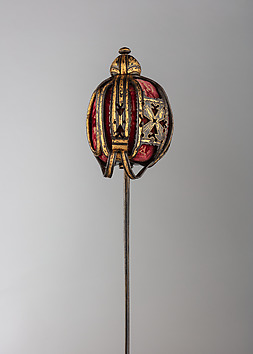
Scottish
1730–50
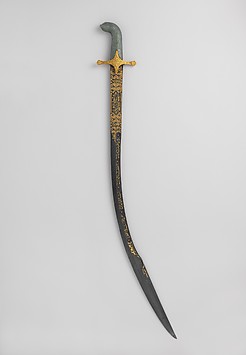
Turkish
Grip and guard, second half of the 17th century; blade, late 18th–19th century
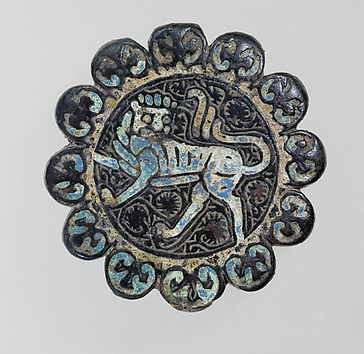
probably French
12th–13th century
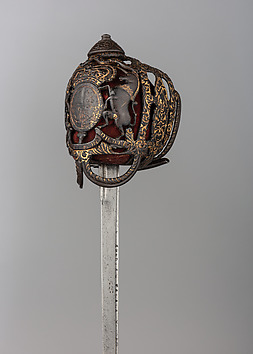
British
ca. 1720–40
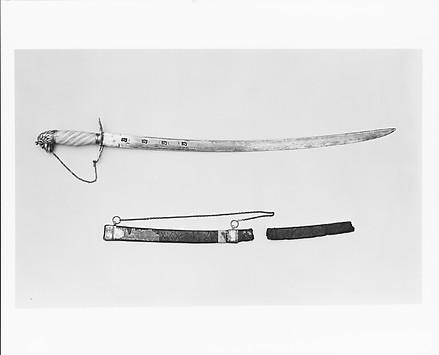
John Bailey
1775–90
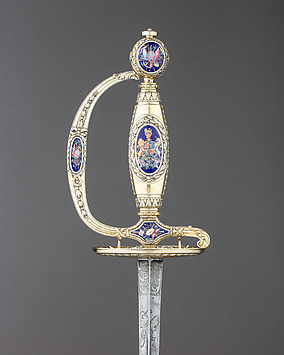
James Morisset
hallmarked for 1797–98
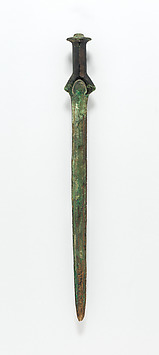
probably Central European
13th century BCE
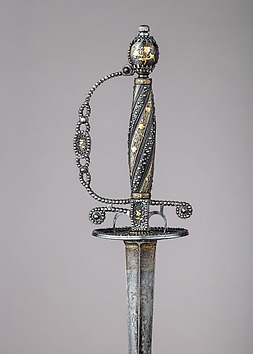
Russian, Tula
ca. 1775–80
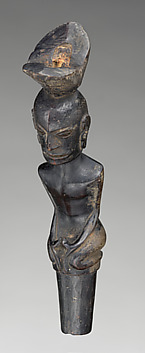
Toba Batak artist
late 19th–early 20th century
Japanese
ca. 1615–1868
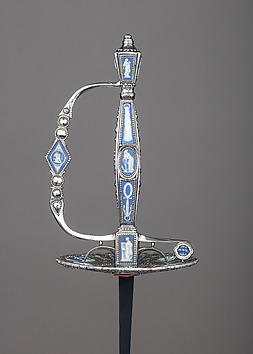
Matthew Boulton
ca. 1790
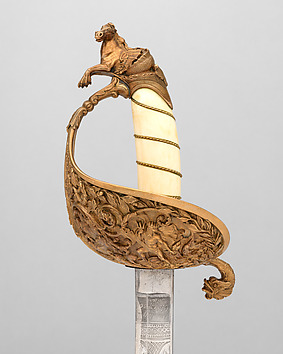
Ames Manufacturing Company
ca. 1865
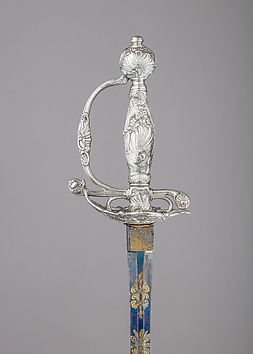
probably German
ca. 1750–60
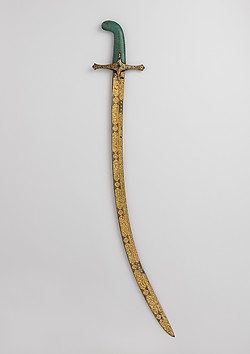
Turkish, probably Istanbul
1522–66
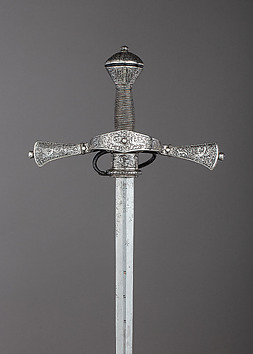
German, Dresden
ca. 1575–1600
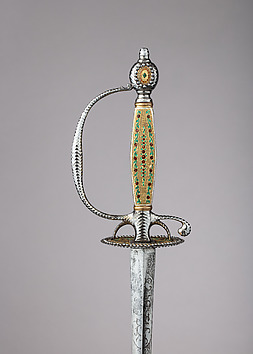
French or British
ca. 1790
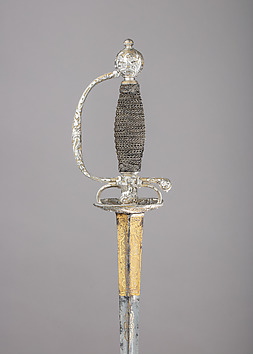
French, Strasbourg
hallmarked for 1755–56
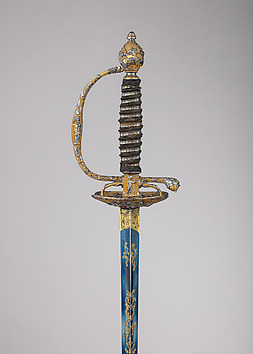
French
ca. 1780–85
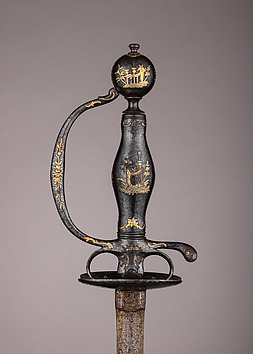
probably Russian, Tula
ca. 1750
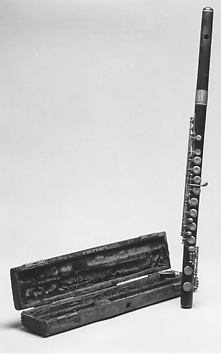
William R. Meinell
ca. 1880–1900
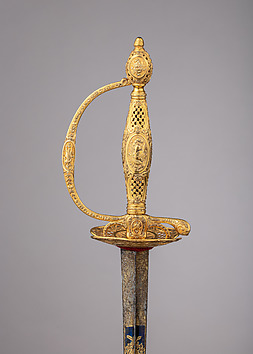
French, Paris
hallmarked for 1785–86
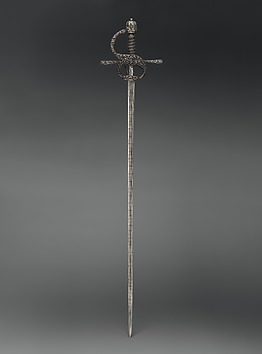
Pietro de Formicano
ca. 1610–20
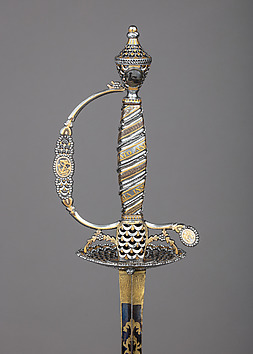
British
dated 1780
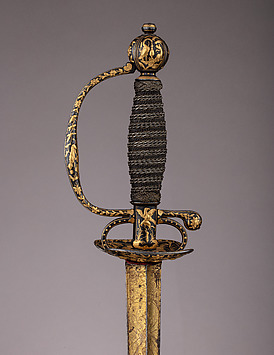
French
ca. 1760
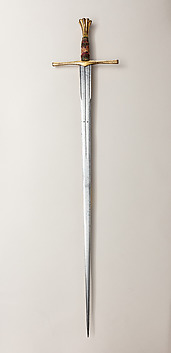
probably Italian or Spanish
ca. 1500
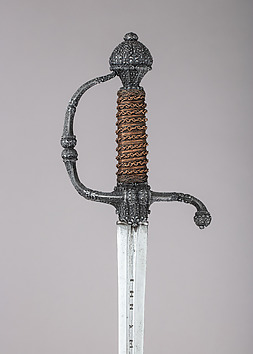
probably French
ca. 1650–60
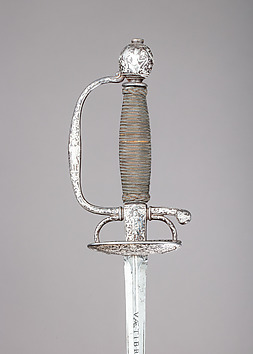
probably French
ca. 1700–20
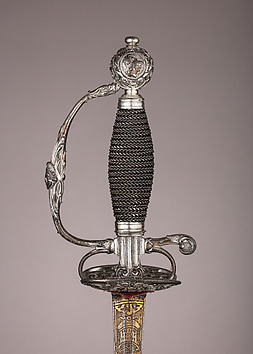
German, possibly Augsburg
ca. 1730
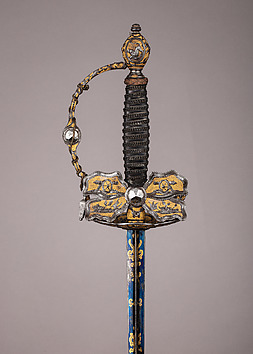
French
ca. 1775
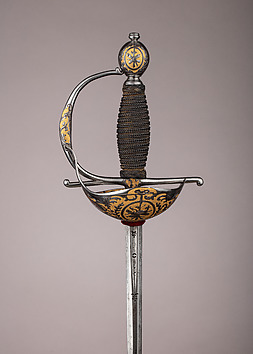
Spanish
ca. 1775
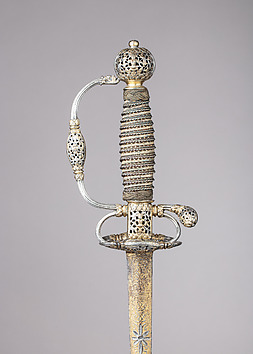
French, Paris; blade, German
hallmarked for 1694–95
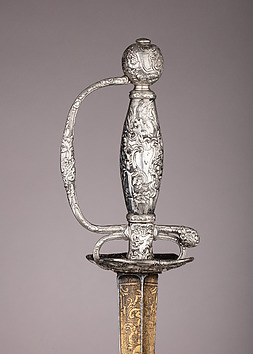
French, Paris
hallmarked for 1736
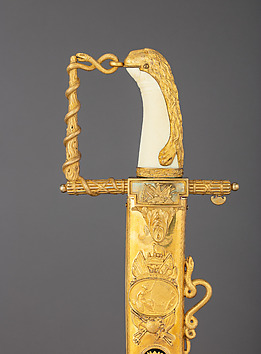
Richard Teed
dated 1805
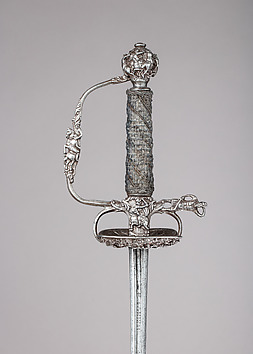
probably Dutch
ca. 1650–60
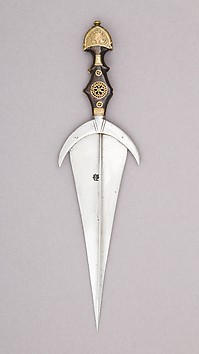
Italian
ca. 1500
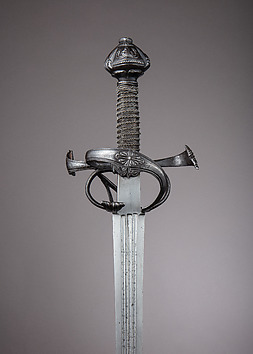
Italian
ca. 1550–60
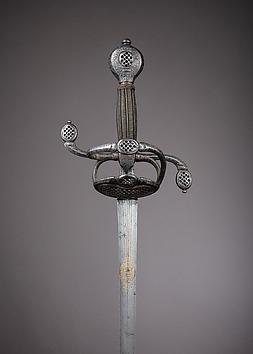
hilt, Dutch or Flemish; blade, German
ca. 1630–40
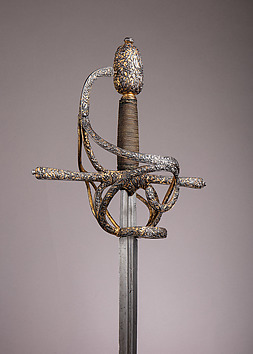
German, possibly Munich
ca. 1600–1620
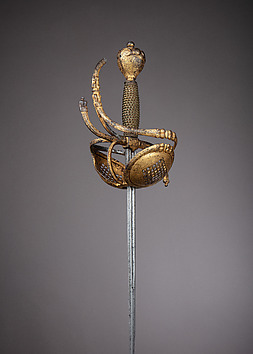
Northern European, possibly Flanders
ca. 1620–30
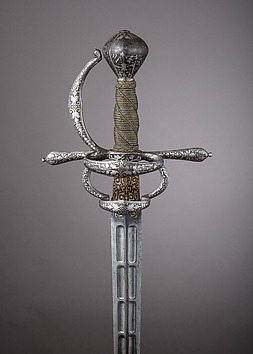
Italian
ca. 1550
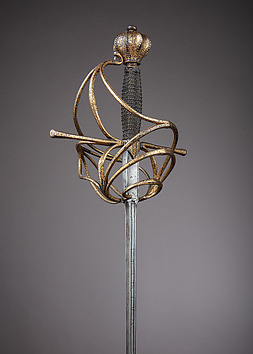
Peter Munsten
ca. 1620–30
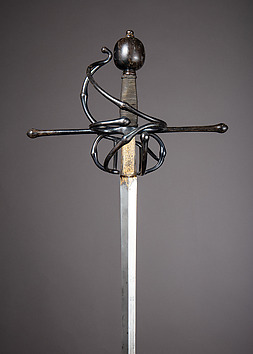
possibly Italian
ca. 1575–80
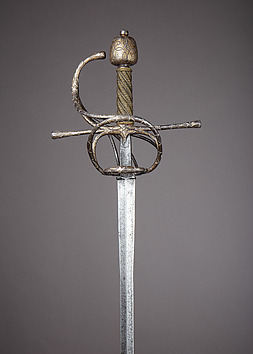
Italian
ca. 1610–20
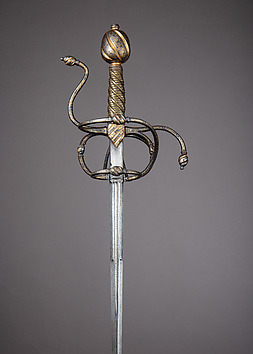
Clemens Wopper
ca. 1600–10
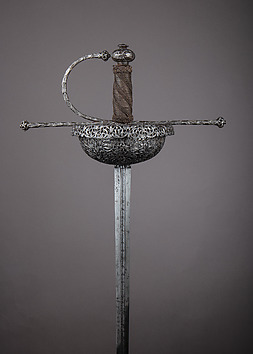
Italian, possibly Naples
ca. 1650–75
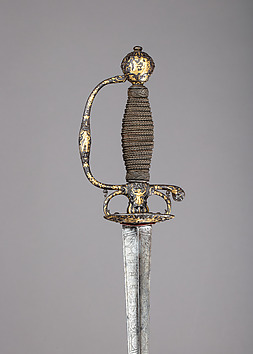
French
ca. 1720
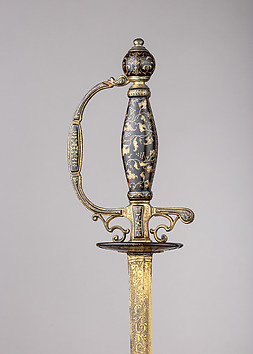
Western European, probably Naples
ca. 1720
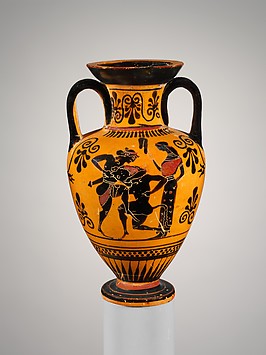
Edinburgh Painter
ca. 500 BCE
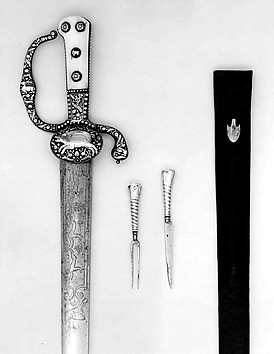
German
blade dated 1656
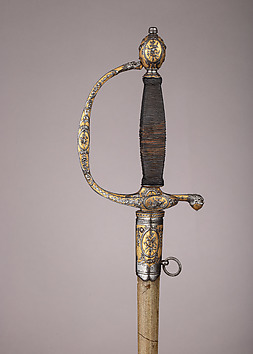
French, Paris
ca. 1785
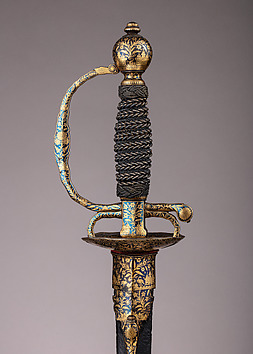
Northern Indian, for the Western market
ca. 1775
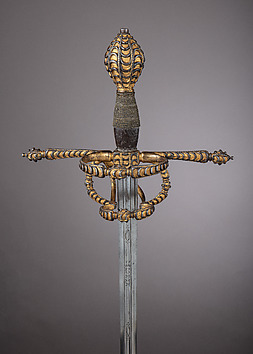
European
ca. 1570–80
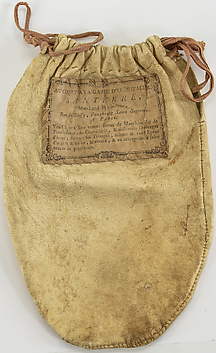
Santerre
ca. 1780
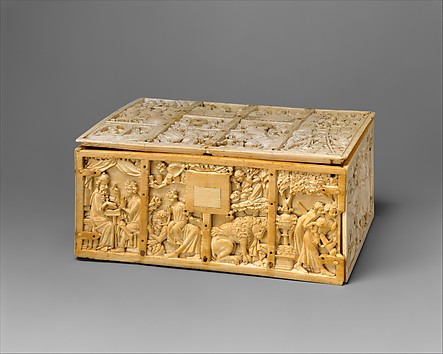
French
ca. 1310–30
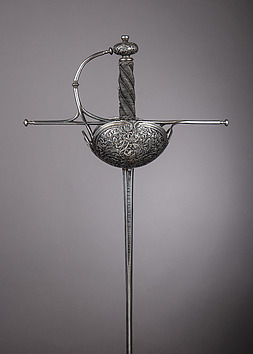
Johann Bongen
ca. 1650–75
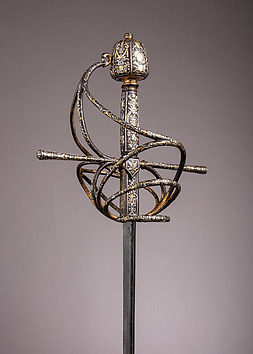
Gasparo Mola
ca. 1620–30
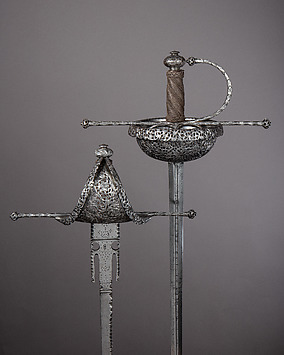
Italian, possibly Naples
ca. 1650–75
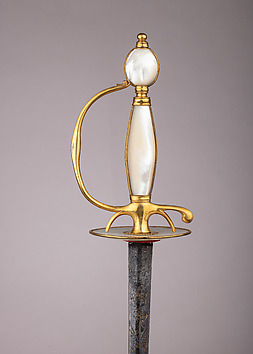
Western European
ca. 1775–90
s1d1.jpg)
hilt, Scottish; blade, German, Solingen
16th–17th century
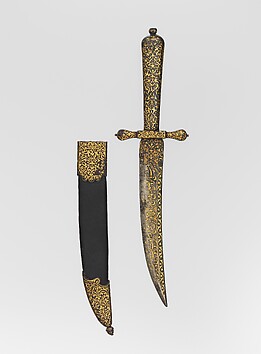
blade, Turkish; hilt and scabbard, European, possibly Italian
blade, mid-16th century; hilt and scabbard, probably mid-16th century
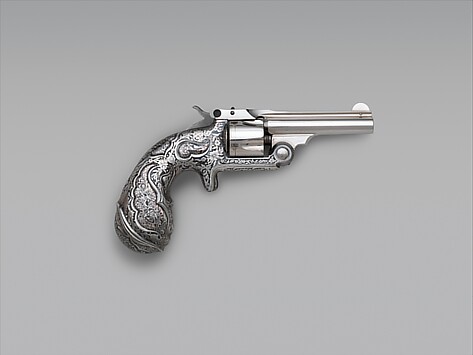
Smith & Wesson
1881–1902
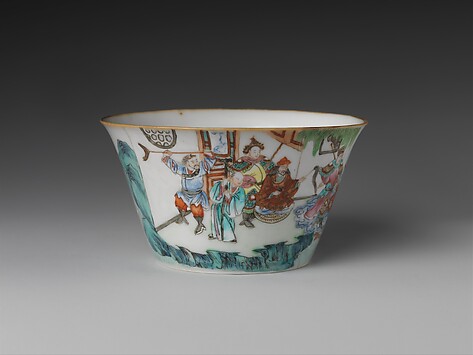
China
first half 19th century
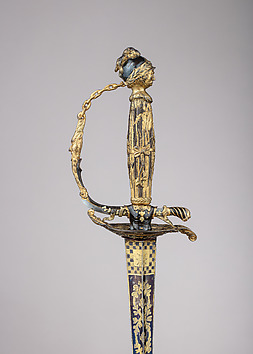
French
ca. 1760–70